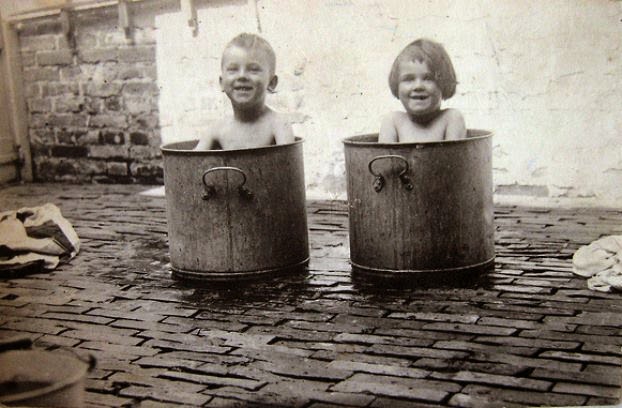Newspapers, no longer wanted, are complimentary in hotels, whereas Wi-Fi, desperately desired, comes at a cost. Sounds intuitive, but it actually makes little sense. Chains and boutiques alike are probably better off giving the Internet away for free, using it for marketing and tracking (though, of course, I wish they wouldn’t). From the Economist:
Social media is the single biggest marketing tool these firms have. Not in the sense of setting up a corporate page, but because of guests sharing their experiences in real time with their friends. A report by the European Travel Commission found that about a quarter of leisure travellers turn to social media to check out hotels before booking. They place even more store by looking at travel-review websites like TripAdvisor.
Hence, no matter how much revenue hotels are earning by squeezing guests, the opportunity cost of making access to the internet expensive is huge. According to Resonance, 24% of Americans update social media at least once a day while travelling. For 18-to-34-year-olds, that figure rises to 51%. An even higher proportion post photos. If customers are not sharing thoughts about hotels during their stay because they do not want to pay for Wi-Fi, firms such as Hilton are chopping their marketing off at the knees. Even more shortsightedly, they are left hoping that those guests who do begrudgingly stump up $19 for 24 hours’ Wi-Fi access are still going to write something nice about their room while waiting in the bar for their equally expensive Coco Locos to arrive.
The good news is that these are the dying days of paid-for Wi-Fi. “In the 19th century hotels charged extra if you wanted hot water for a bath,” says Chris Fair president of Resonance. “In less than a decade, I suspect the idea of paying for internet access at a hotel will seem as ridiculous as the idea of paying for hot water seems to us now.” Some things never change, however. During every business revolution, there will always be those who adapt too late to survive.•

